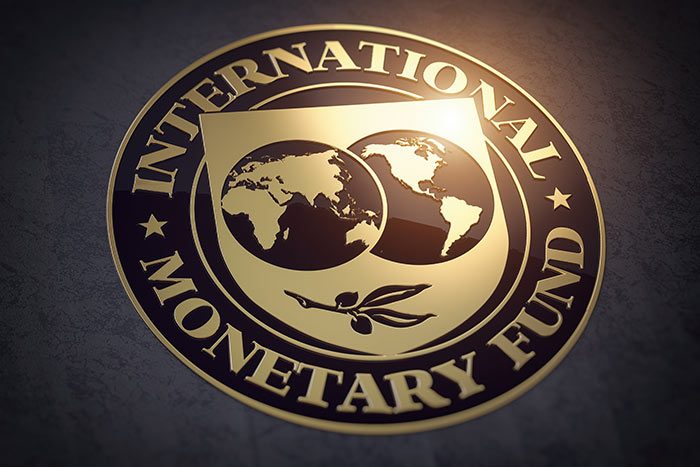Islamabad: In a major boost to the crippled economy of Pakistan, which is constantly dealing with depleting reserves, uncontrolled current account deficit and gigantic fiscal deficit, the International Monetary Fund (IMF on Monday completed the combined 7th and 8th reviews of a loan facility for Pakistan, allowing immediate disbursement of $1.1 billion to the country under the Extended Fund Facility (EFF).
Here are some important points extracted from the deal.
- The EFF was approved by the IMF Executive Board on July 3, 2019, for SDR 4,268 million (about US$6 billion at the time of approval, or 210 per cent of Pakistan’s quota).
- On Monday, the IMF Executive Board revived the stalled programme and approved the combined 7th and 8th reviews and release of an SDR894 million ($1.17 billion) tranche under the EFF.
- The Board’s decision brings the total purchases for budget support under the arrangement to about $3.9 billion.
- The IMF Board also approved the “rephasing and augmentation” of Pakistan’s access to the funds by SDR720 million ($934 million), which will bring the total access under the EFF to about $6.5bn.
- The IMF made the last disbursement of $1.05 billion in February, and the next tranche was to follow a review in March.
- But then the government of ex-premier Imran Khan introduced costly fuel price caps, which threw fiscal targets and the EFF programme off track.
- On June 21, Pakistan and the IMF staff mission again reached an understanding on the current federal budget to revive the stalled programme as the former committed to generating Rs436bn more taxes and gradually increasing the petroleum levy to Rs50 per litre.
- On July 13, Pakistan and the IMF finally reached a staff-level agreement with the IMF, paving the way for the success of the agreement.
- Then, on August 12, Pakistan received the Letter of Intent (LOI) from the IMF.
Proposed measurements:
- Steadfast implementation of the recently approved budget for FY23
- Adherence to a market-determined exchange rate
- Pursuit of a proactive and prudent monetary policy
- Expanding social safety to protect the most vulnerable and accelerate structural reforms, including improving the performance of state-owned enterprises (SOEs) and governance.
“The authorities’ plan to achieve a small primary surplus in FY2023 is a welcome step to reduce fiscal and external pressures and build confidence. Containing current spending and mobilizing tax revenues are critical to creating space for much-needed social protection and strengthening public debt sustainability. Efforts to strengthen the viability of the energy sector and reduce unsustainable losses, including by adhering to the scheduled increases in fuel levies and energy tariffs, are also essential. Further efforts to reduce poverty and protect the most vulnerable by enhancing targeted transfers are important, especially in the current high-inflation environment,” the IMF Board said.










